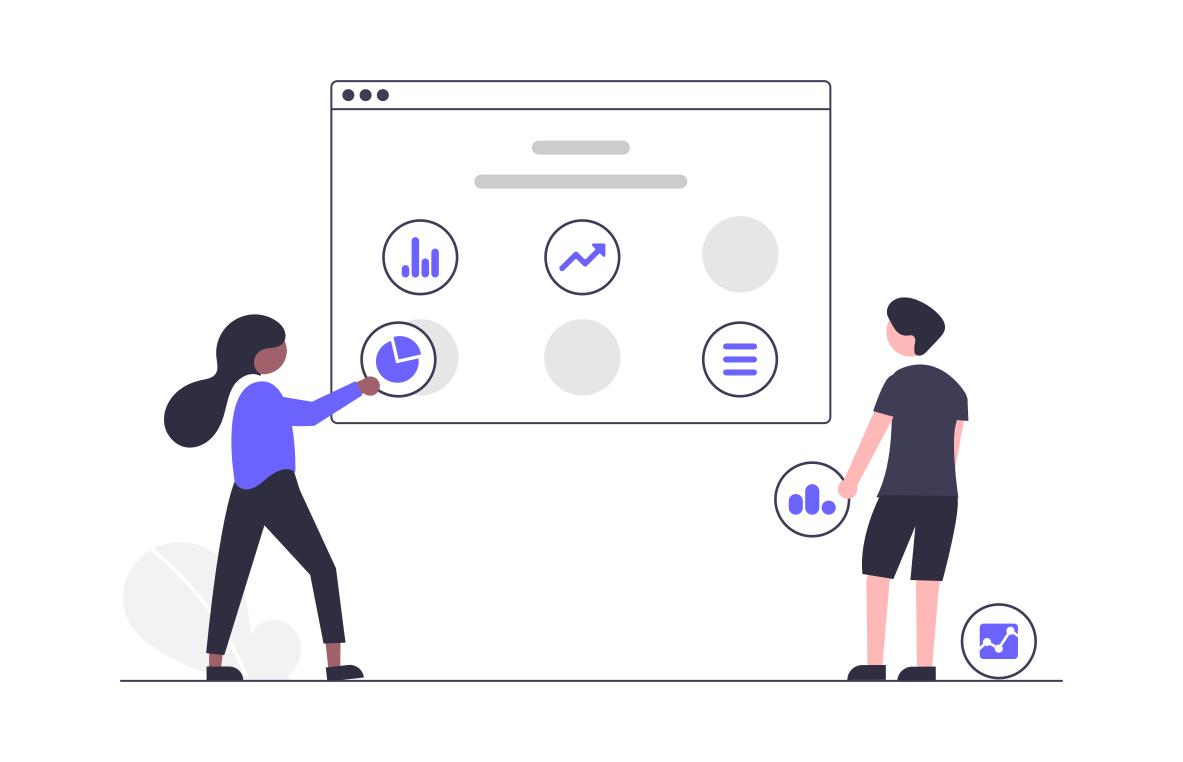The future of personalized marketing is evolving rapidly with the integration of artificial intelligence (AI), reshaping how brands interact with consumers. As AI technology advances, marketers gain powerful tools to deliver more personalized, relevant, and timely messages to their target audiences. This article explores the AI trends and insights driving the future of personalized marketing, highlighting how businesses can leverage these developments to stay ahead in the competitive landscape.
The Rise of Predictive Analytics
Predictive analytics, powered by AI, is transforming personalized marketing by anticipating consumer behavior and preferences. By analyzing vast amounts of data, AI algorithms can predict future actions, enabling marketers to tailor their strategies accordingly. This proactive approach allows brands to create highly targeted campaigns that resonate with individual consumers, increasing engagement and conversion rates.
Predictive analytics helps businesses identify potential high-value customers, optimize product recommendations, and forecast sales trends. As AI continues to evolve, predictive analytics will become even more sophisticated, offering deeper insights and more accurate predictions. This trend underscores the importance of data-driven decision-making in personalized marketing.
Enhanced Customer Segmentation
AI is revolutionizing customer segmentation by providing a granular understanding of consumer behavior. Traditional segmentation methods often rely on basic demographic data, leading to broad and sometimes ineffective targeting. AI-driven segmentation, on the other hand, considers a multitude of factors, including browsing history, purchase behavior, social media activity, and even real-time interactions.
This level of detail enables marketers to create highly specific segments and develop personalized content that speaks directly to the needs and desires of each group. Enhanced customer segmentation not only improves the relevance of marketing messages but also enhances the overall customer experience, fostering loyalty and long-term engagement.
Real-Time Personalization
Real-time personalization is becoming a cornerstone of effective marketing strategies, with AI playing a crucial role in its implementation. By processing data in real-time, AI systems can deliver personalized content and offers at the exact moment they are most relevant to the consumer. This immediacy enhances the likelihood of engagement and conversion, as consumers receive tailored experiences that feel timely and contextually appropriate.
AI-driven real-time personalization can be applied across various channels, including websites, email marketing, social media, and mobile apps. For example, a customer browsing an e-commerce site can receive personalized product recommendations based on their browsing history and current behavior, leading to a more engaging and satisfying shopping experience.
AI-Powered Content Creation
Content is at the heart of personalized marketing, and AI is increasingly being used to generate and optimize content. AI-powered tools can analyze consumer data to understand what types of content resonate best with different audience segments. This insight allows marketers to create more relevant and engaging content that aligns with the preferences of their target audience.
Furthermore, AI can automate the creation of certain types of content, such as product descriptions, social media posts, and email newsletters. By leveraging natural language processing (NLP) and machine learning, AI can produce high-quality content at scale, freeing up marketers to focus on strategy and creativity.
Voice Search and AI Assistants
The growing popularity of voice search and AI assistants is reshaping the way consumers interact with brands. As more people use devices like Amazon's Alexa, Google Assistant, and Apple's Siri, the need for personalized voice search optimization becomes increasingly important. AI can analyze voice search data to understand user intent and deliver more accurate and personalized responses.
For marketers, this means adapting their strategies to include voice search optimization, ensuring that their content is easily discoverable through voice queries. AI can help identify the most relevant keywords and phrases for voice search, enabling brands to stay competitive in this emerging landscape.
Ethical Considerations and Data Privacy
As AI-driven personalized marketing becomes more prevalent, ethical considerations and data privacy concerns come to the forefront. Consumers are increasingly aware of how their data is being used and expect transparency and control over their personal information. Brands must navigate these concerns carefully, ensuring that their use of AI adheres to ethical standards and regulatory requirements.
AI can assist in maintaining data privacy by implementing robust security measures and enabling anonymization of data where possible. Marketers must prioritize building trust with their consumers, being transparent about data collection practices, and offering opt-out options.
The Future of AI in Personalized Marketing
The future of AI in personalized marketing holds immense potential, with ongoing advancements promising even more sophisticated and effective strategies. As AI technology continues to evolve, marketers will have access to more powerful tools for understanding and engaging their audiences. Key areas to watch include:
- Emotion AI: Understanding and responding to consumer emotions to create more empathetic and resonant marketing experiences.
- Augmented Reality (AR) and Virtual Reality (VR): Enhancing personalized marketing through immersive and interactive experiences.
- AI-Driven Automation: Streamlining marketing processes and improving efficiency through advanced automation.
By staying informed about these trends and leveraging AI effectively, businesses can create more personalized and impactful marketing campaigns, ultimately driving growth and success in a competitive market.


